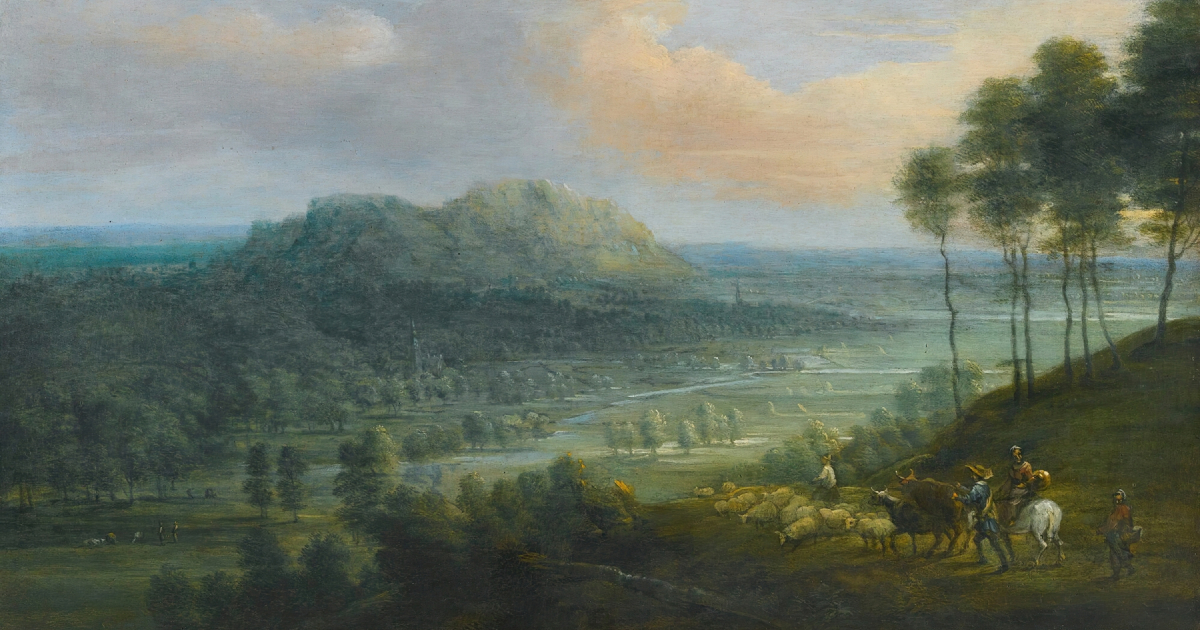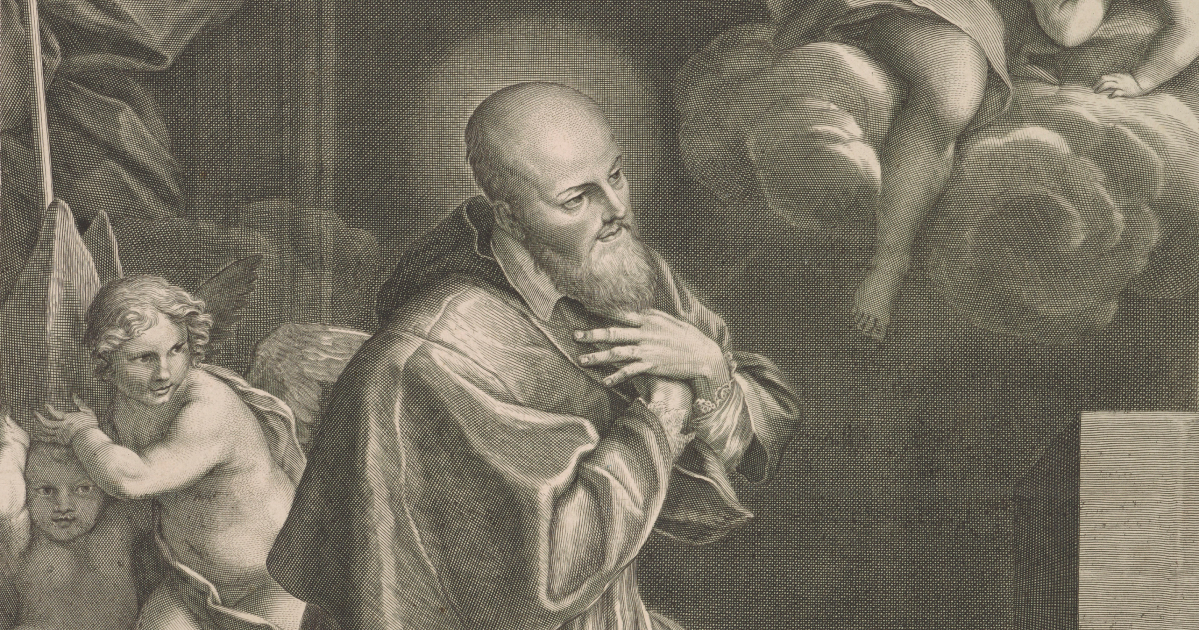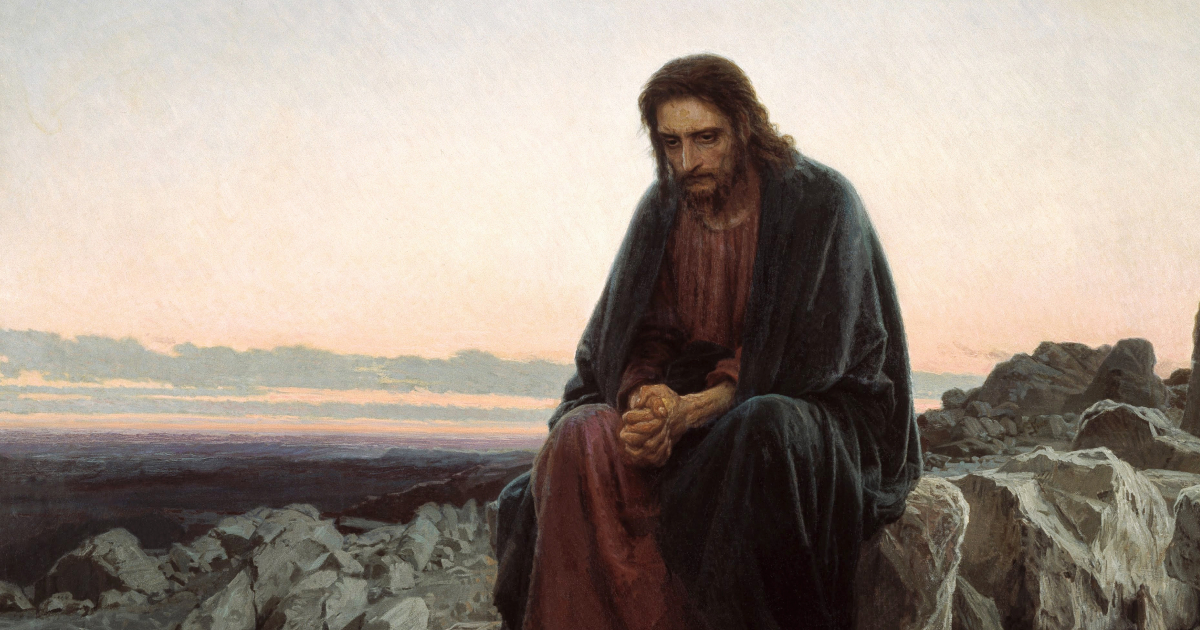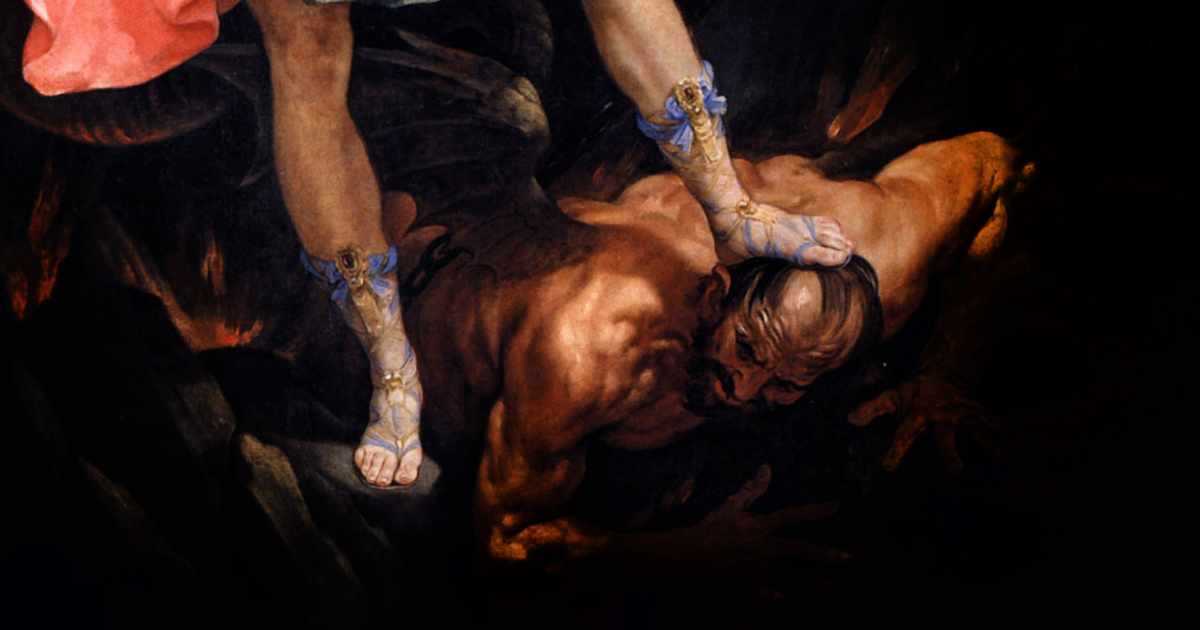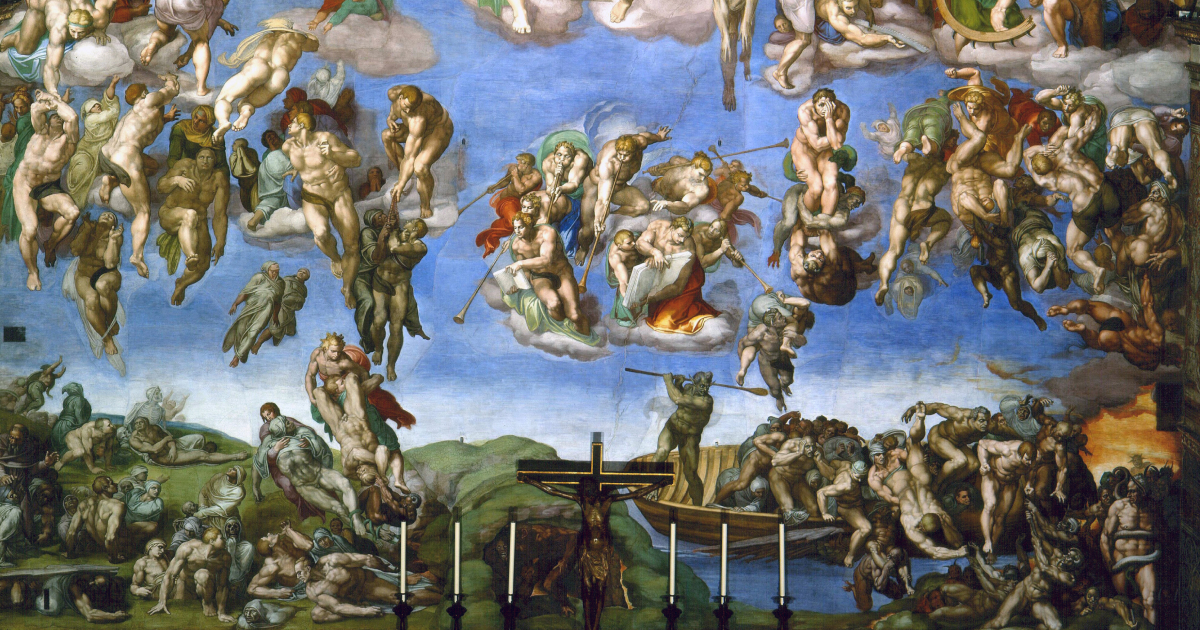Secretary of State Marco Rubio has highlighted growing diplomatic alignment between the Vatican and the United States, suggesting the two could work together to help bring about peace in conflict zones.
In an interview with Raymond Arroyo on EWTN World Over on 7 August, Rubio noted the “positive relationships between the Vatican and the White House,” pointing in particular to their cooperation in supporting the Church in Gaza after the recent Israeli attack. When Arroyo remarked on the unique position of a Catholic U.S. secretary of state to engage with the Vatican diplomatically, Rubio said he thought it was likely the two states could work together to bring about peace.
Rubio described it as “surreal” having an American Pope who can “understand our history, our culture, our politics.” He also wondered whether the Cardinals in the Conclave had sought in Pope Leo someone who could bring a “period of stability and consistency” to the Church, and “someone who can reach out to areas where the Church is growing but also invigorate areas where it is struggling.”
On the war in Ukraine, Rubio hinted that the beginnings of a resolution may be in process, confirming a likely meeting between President Trump and President Putin. He said that “for the first time in the process there is at least some understanding of what the Russians would need in order to stop this war.” Acknowledging the differences between Russia and Ukraine on what would be required to end hostilities, Rubio said the aim was now to “bridge the gap.”
Discussing Trump’s decision to label six cartels in South America as terrorist organisations, Rubio explained that the move gave the United States the legal authority to treat the groups as national security threats rather than simply as criminals.
On Israel, Rubio said that “as long as Hamas exists, there will never be peace in Gaza” because “they want to drive every Jew out of the Middle East.” He criticised the UK’s decision to recognise Palestinian statehood if a ceasefire was not agreed, describing it as counterproductive, as Hamas would be disincentivised to reach an agreement knowing they would be “rewarded” by the planned September recognition.
Rubio is a devout Catholic and one of several in key Cabinet or senior advisory positions, alongside Vice President JD Vance, Secretary of Health Robert F. Kennedy Jr, and Secretary of Transportation Sean Duffy.
He has had a dynamic relationship with his faith, having twice left the Church and twice returned to it. As a child, his family began attending services at the Church of Jesus Christ of Latter-Day Saints; however, young Rubio showed a keen interest in Catholicism and is credited with bringing his family back to the Church. He later married in a Catholic church, though his faith lapsed during the early years of his professional success.
In later years, Rubio felt drawn back to his Catholic roots and to the Eucharist, which he described as the “sacramental point of contact between the Catholic and the liturgy of heaven.” In contrast to Catholics in the Biden administration, Rubio is a firm advocate of pro-life policies, stating: “I am in favour of laws that protect human life. I do not believe that the dignity and the worth of human life are tied to the circumstances of their conception.”
(Photo by Kevin Dietsch/Getty Images)





.png)



